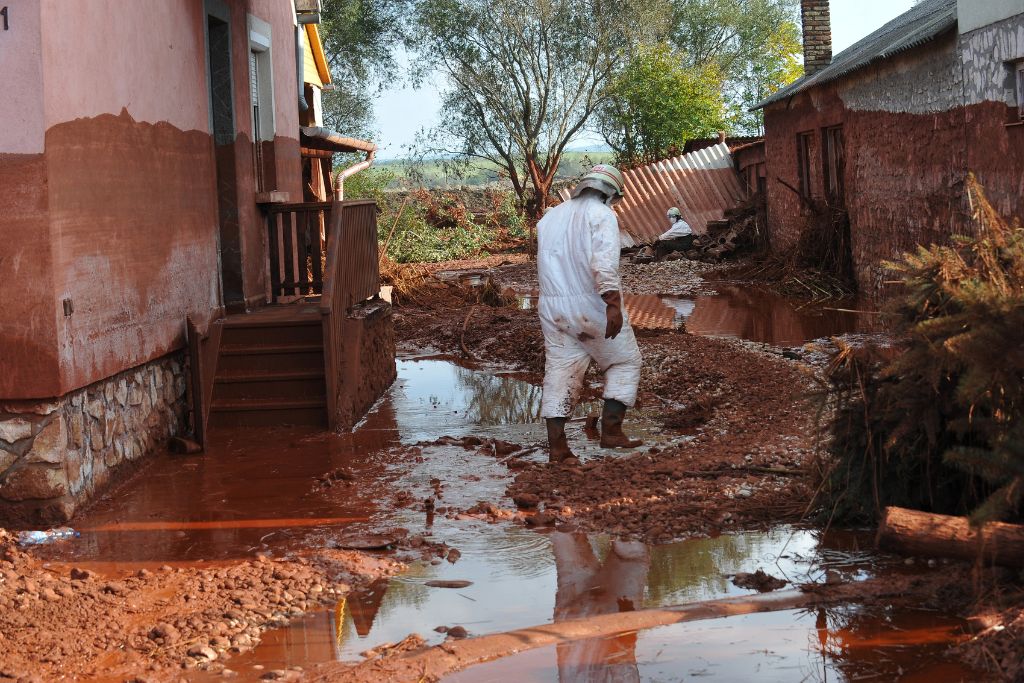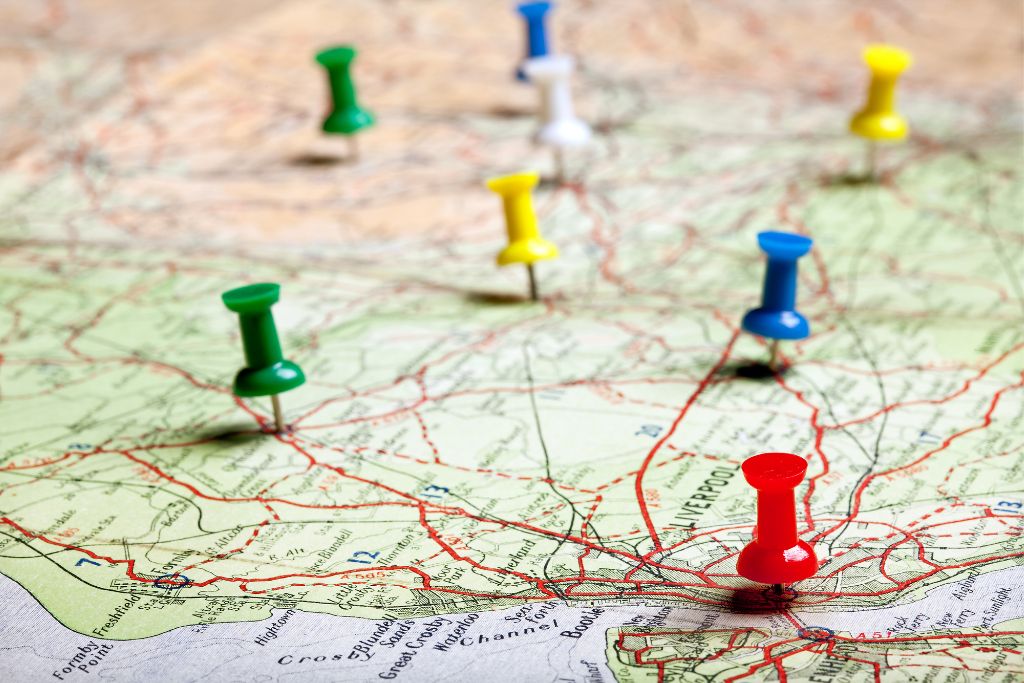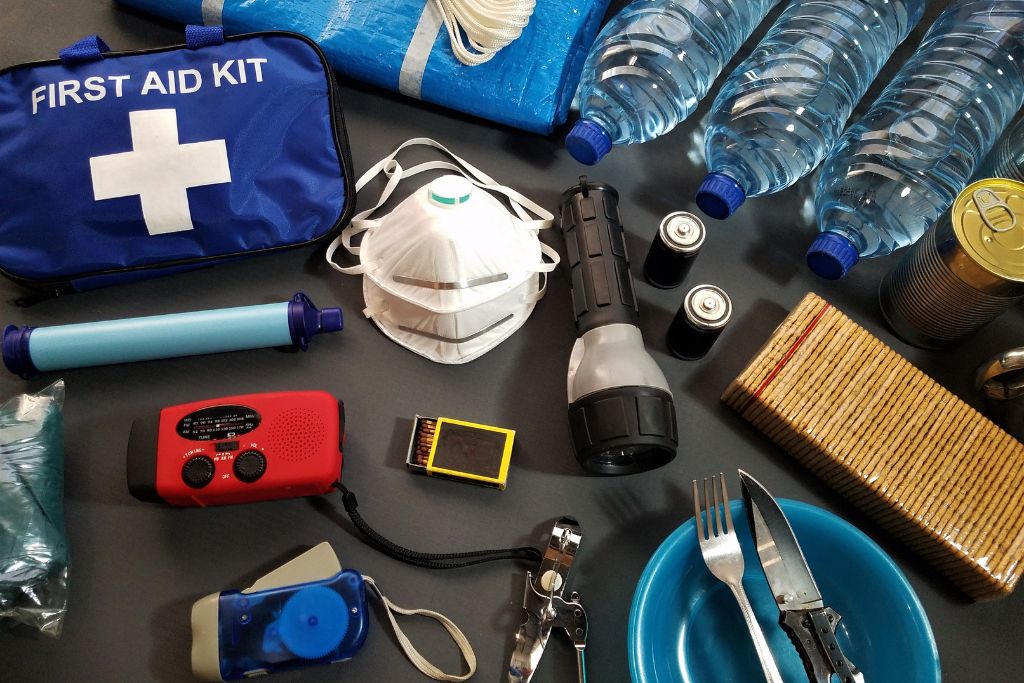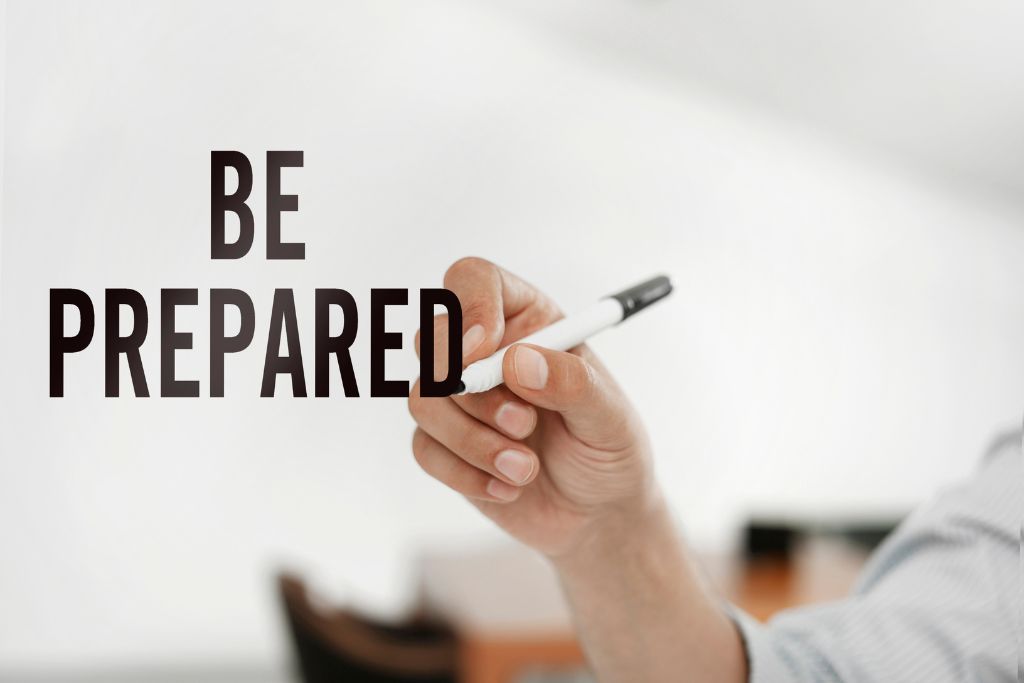Despite the best efforts of governments and emergency management agencies, disasters can still strike. Whether it’s hurricanes, tornadoes, earthquakes, floods, or terrorism, they can be devastating. Thankfully, a little planning can help reduce the stress and fear that often accompany these natural disasters. By knowing your vulnerabilities and preparing for the worst, you can be better prepared to handle any disaster that might strike your area. In the event of a natural disaster or another unforeseen event, your company’s first priority should be to help those who are most in need. You may also need to take other steps to prevent widespread damage or loss. Here are some tips:
Know Your Vulnerabilities
From hurricanes to earthquakes, heat waves to infectious diseases, disasters can come in all shapes and sizes.
But the best way to prepare for your worst disaster is to know your vulnerabilities and take steps to mitigate their effects. This will make your life a lot easier when the time comes.

In her book Daring Greatly, author Brene Brown breaks down three misconceptions about vulnerability. By understanding what genuine vulnerability is and how it improves your life, you’ll be able to embrace the concept for yourself and reap its many benefits.
Have a Plan in Place
No one ever expects a disaster to strike, but it does happen. Without a plan in place, you’re likely to be caught off-guard when it does.
Planning for your worst disaster is the difference between losing a business and being able to recover quickly. It also gives you the opportunity to align resources and keep your operations running smoothly during periods of crisis.

There are three key components to a good plan: goals, key strategies/actions, and a cost-benefit analysis. Creating an effective plan requires diligence and thoughtful thought.
Be Informed
Being informed about your vulnerabilities is an important part of being prepared. Learn about the hazards and most likely disasters in your area, and discuss plans with your family or friends.

A disaster is defined as a situation that results in significant human, economic or environmental losses and impacts. It can be a natural or man-made occurrence. It may occur at a local, regional or national level. Oftentimes, it may be caused by a series of small events that occur over an extended period of time. Generally, it is a serious problem that tests the capacity of an area or society to cope. The most successful disaster response plans involve cooperation between various levels of government and the private sector. The most effective strategies involve prioritizing actions in a way that protects lives and property.
Have an Emergency Kit
Having an emergency kit helps to prepare you and your family for the worst. It is crucial to have at least a three-day supply of food, water and supplies on hand.
You can assemble your own disaster supplies kit or purchase one that has all the basics you need. Keep these basic supplies in a large, easy-to-carry container such as a plastic bin or duffel bag.

You should also have several copies of your emergency checklist on hand. This will help you check off items as you assemble your kit.
Be Prepared
While no one likes to think about disasters, it’s important that you prepare for your worst. This can save you and your family from the stress, fear, and loss that come with natural and human-made disasters.
A business can be hit by a variety of disasters, including floods, earthquakes, ice storms, fires, employee illness or death, and terrorism. Having a plan in place for these potential issues can help your business survive and get back up and running quickly.

Learn about the risks in your area and develop a risk-management plan. Educate yourself on the types of disasters that could occur in your community, and make sure you have the necessary supplies to keep your business going for several days.
If you’re looking for more information on how to prepare for disasters, the “Disaster: Living With Catastrophes, Earthquakes, Fires, and Weather Events” article is a great resource to check out. It covers various types of disasters and provides helpful tips on how to plan and respond in case of an emergency. This knowledge can be invaluable in ensuring the safety and well-being of yourself and your loved ones during a crisis. “Prepare For Your Worst Disaster!” article provides practical advice on preparing an emergency kit, developing an evacuation plan, and staying informed during a disaster. By using both resources, individuals can be better equipped to handle unexpected situations and minimize the impact of a disaster.
